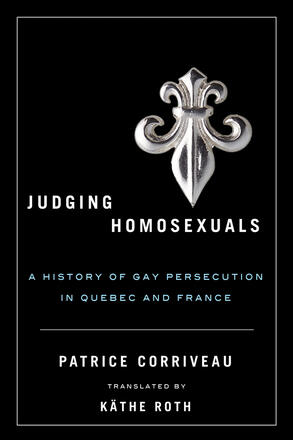
Judging Homosexuals
A History of Gay Persecution in Quebec and France
An absorbing exploration of the origins of homophobia and the evolution of gay persecution in France and Quebec.
Description
In 2004, the first same-sex couple married in Quebec. How did homosexuality – an act that had for centuries been defined as criminal and abominable – come to be sanctioned by law? In Judging Homosexuals, Patrice Corriveau finds answers in a comparative analysis of gay persecution in France and Quebec. By tracing over time how various groups – family and clergy, doctors and jurists – tried to manage people who were defined in turn as sinners, as criminals, as inverts, and as citizens deserving of protection, this book shows how the law helped construct the crime.
Reviews
Judging Homosexuals has a clear thesis and is logically organized. The translator has done an excellent job in making specialized academic discussion understandable in a second language. The book is highly readable and should prove to be of value to not only academics in a number of disciplines such as history, criminology and gender studies, but also undergraduates.
- Greg Marquis, University of New Brunswick